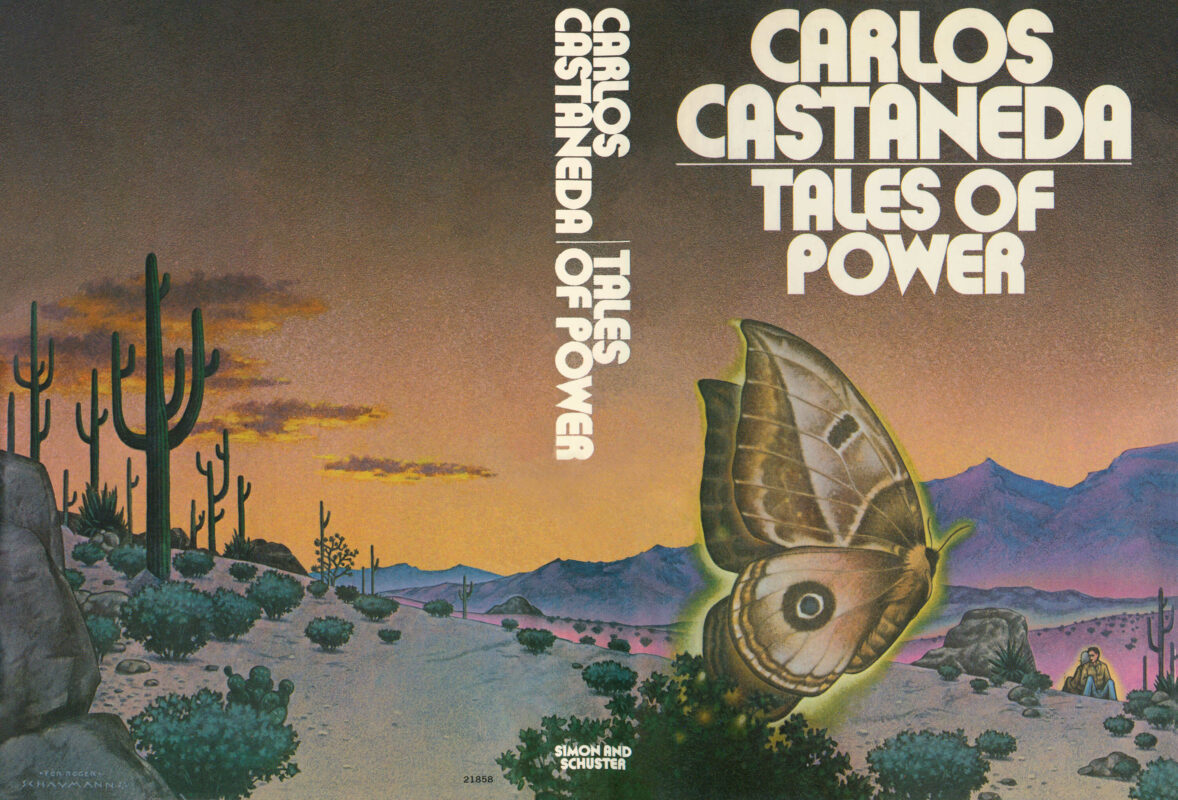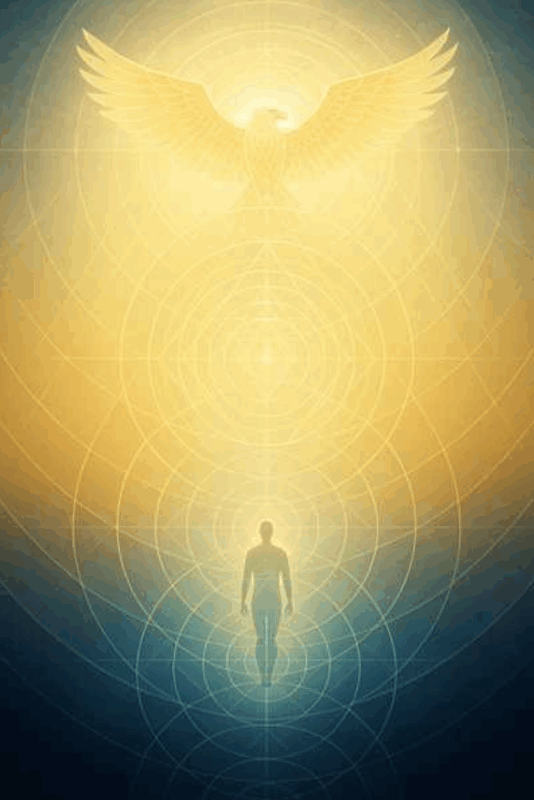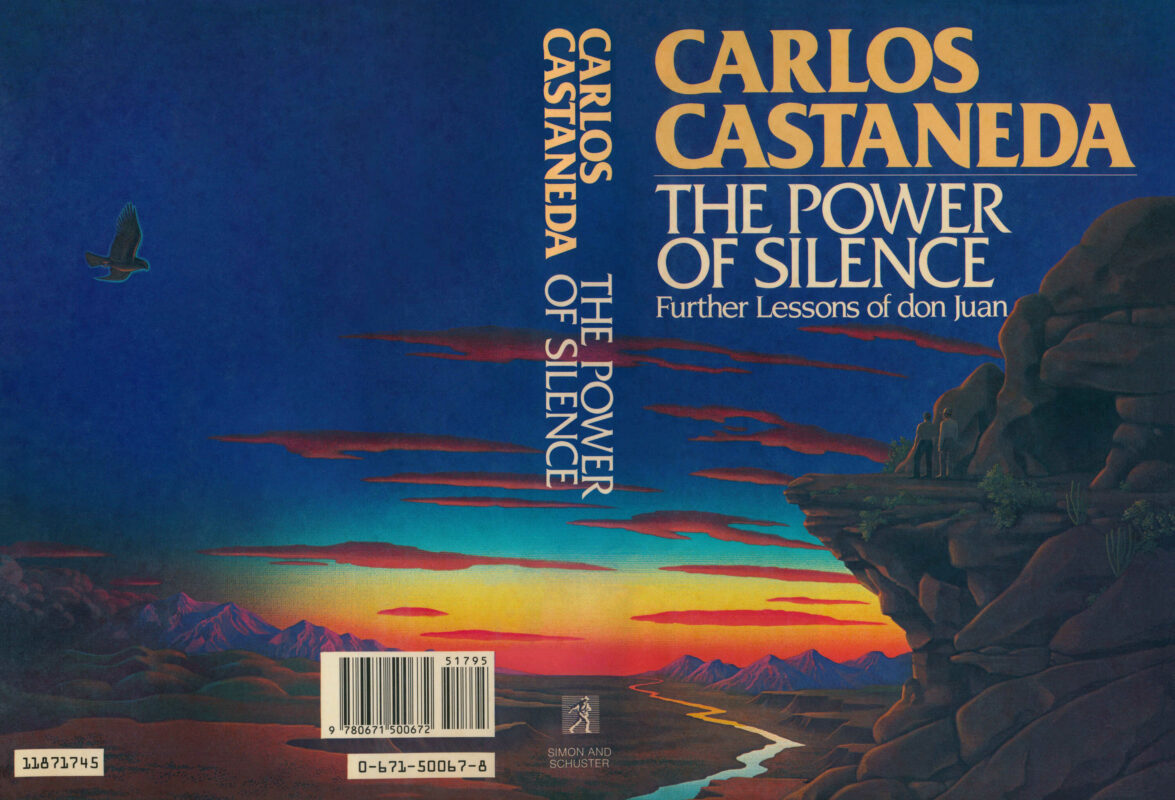The Sorcerers’ Explanation – The Predilection of Two Warriors
Don Juan and Carlos meet Don Genaro, Pablito, and Nestor for what Don Juan declares will be their last journey together. Don Juan offers a poignant farewell, reminding Carlos of a cherished memory and the warrior’s way of accepting fate. Don Genaro shares a story about warriors facing a death sentence, emphasizing the importance of impeccability when confronting the unknown. As dusk settles, Don Juan and Don Genaro prepare Pablito and Carlos for their final plunge into the unknown, explaining that this is where the “bubble of perception” opens, and one can directly experience their totality as a cluster of feelings. They perform a final demonstration of “swimming” with the earth, revealing the warrior’s ultimate love for the world as the antidote to loneliness and the key to freedom. The chapter concludes with Pablito and Carlos, having bid their farewells, taking a final leap into the unknown, leaving Carlos alone in a new, unquantifiable state of being.
The Sorcerers’ Explanation – The Predilection of Two Warriors Read More »


